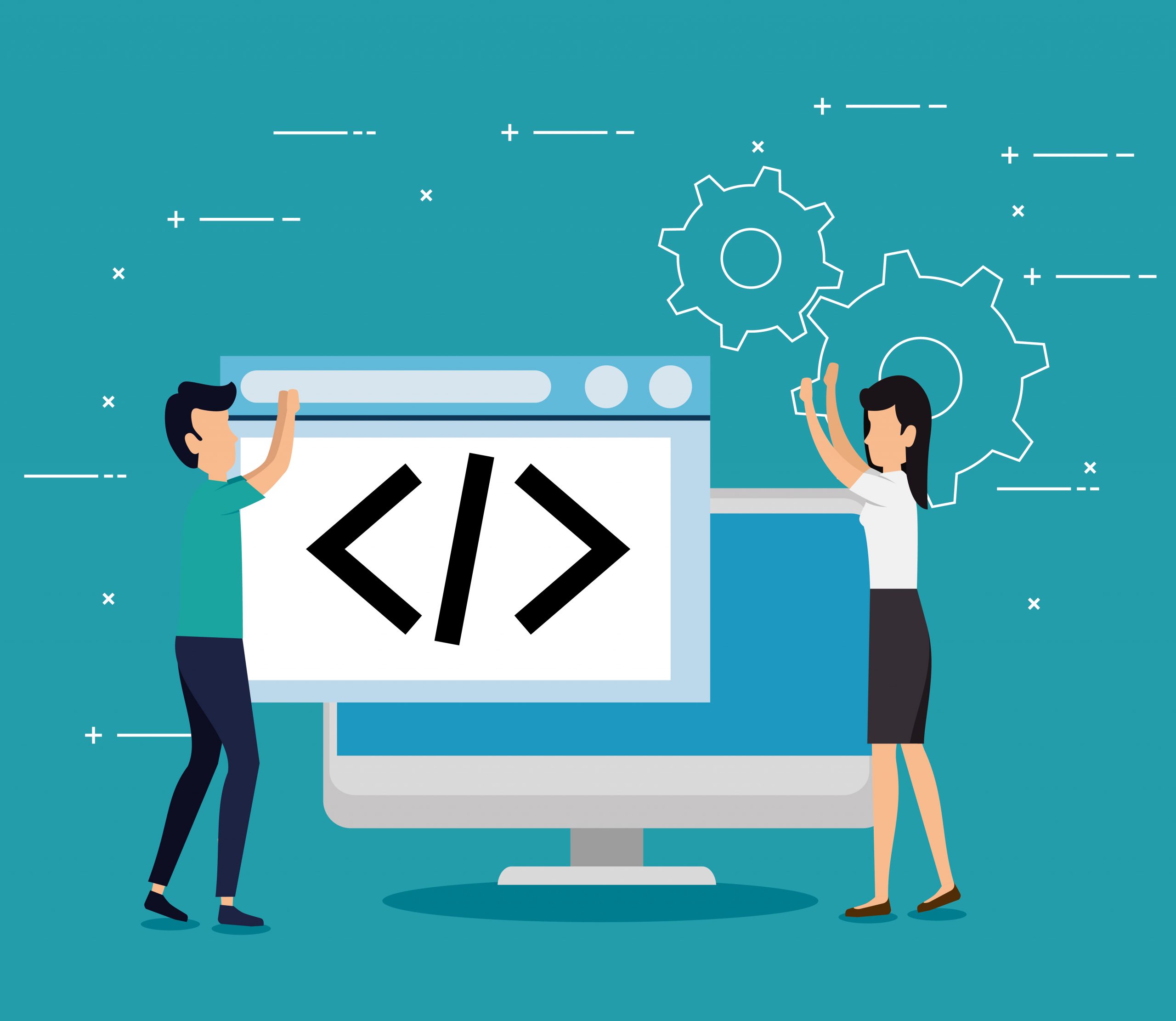For small businesses, every decision matters and that includes how they manage their most valuable asset – their people. Human Resources systems, often associated with larger companies, are increasingly becoming essential for small businesses as well. With the rapid evolution of HR technology, even small enterprises can now access tools that streamline HR functions, improve employee engagement and support growth. Implementing a dedicated HR system can transform small business operations, providing benefits that go far beyond payroll and basic compliance.
Here’s why HR systems are no longer just a “nice-to-have” for small businesses but a critical part of sustainable growth.
1. Improved efficiency and time savings
For a small business, every hour counts. Without an HR system, tasks like tracking employee attendance, managing benefits and onboarding can take up considerable time, especially for a small HR team or a business owner managing HR responsibilities. According to a 2023 report by SHRM, 64% of small businesses that adopted HR software reported a noticeable increase in operational efficiency within the first year. By automating repetitive administrative tasks, HR systems allow small businesses to focus on strategic initiatives rather than drowning in paperwork.
An HR system that automates essential processes can save time, reduce errors, and create a seamless experience for employees and administrators alike, ultimately allowing businesses to scale more effectively.
2. Enhanced compliance and reduced risk
Small businesses must navigate numerous regulatory requirements related to employment laws, taxes and workplace safety. Non-compliance, even if accidental, can lead to costly fines and legal issues. An HR system helps small businesses stay compliant by keeping track of ever-changing regulations and automating compliance processes, such as tax filings, workplace safety protocols and employee documentation.
In recent report by PwC, 73% of small business owners acknowledged that compliance management was one of their top HR challenges. An HR system that supports compliance management by setting up automated alerts and document storage can reduce risk, helping small businesses avoid penalties and ensure a safe, compliant workplace.
3. Streamlined Recruitment and Onboarding
Attracting and retaining top talent is a challenge for any business, but it’s especially important for small companies competing with larger employers. An HR system that includes recruitment and onboarding functionalities can simplify these processes, helping small businesses find the right candidates and bring them onboard smoothly. LinkedIn’s 2023 Talent Solutions Report found that companies using integrated HR systems reduced their time-to-hire by 40%, enabling them to bring in top talent faster.
Automated onboarding through an HR system also ensures that new hires feel welcome and informed from day one. With clear onboarding steps, a virtual orientation, and easy access to company resources, small businesses can create a positive first impression and reduce turnover, which is especially costly for smaller organizations.
4. Data-Driven strategic planning
In the past, small businesses relied heavily on intuition and experience for decision-making. Today, even small companies can leverage data to inform strategy. HR systems collect and analyze data on employee performance, engagement, turnover and skill gaps, enabling small businesses to make data-backed decisions.
A 2023 Gartner report found that 56% of small businesses using HR analytics reported higher employee satisfaction and better talent retention. By identifying trends and insights, small businesses can address issues proactively and plan strategically for workforce development and resource allocation, aligning HR with long-term business goals.
5. Scalability for growth and future-proofing
As small businesses grow, their HR needs become more complex, requiring systems that can scale with them. An HR system with scalability allows a company to grow its workforce and evolve roles without overloading HR processes. Scalable systems support diverse organizational structures, whether a business operates with a functional, divisional or matrix structure.
According to McKinsey’s 2022 Small Business Growth Study, small businesses with scalable HR systems are 25% more likely to achieve long-term growth. This scalability ensures that as your company grows, your HR operations stay streamlined, adaptable, and ready for new challenges.
6. Succession planning and long-term workforce stability
Succession planning is often overlooked in small businesses but is crucial for continuity and long-term stability. HR systems make succession planning accessible to small businesses, allowing them to identify future leaders, assess employee potential and prepare for key role transitions. Through detailed employee profiles, performance tracking, and skill assessment, an HR system helps small businesses plan for succession and maintain stability as they expand.
Harvard Business Review noted in 2023 that businesses with effective succession planning see 20% higher employee satisfaction and organizational stability, as employees feel valued and supported in their career paths.
7. Boosting employee engagement and productivity
Employee engagement has a major impact on productivity, satisfaction and retention; especially within smaller teams where each individual’s contributions are critical. HR systems provide employees with self-service tools to access information, update profiles, request time off and engage with company resources, making it easier for them to navigate their work environment and feel more connected.
In a 2023 survey by Gallup, 70% of employees in small businesses stated that having self-service HR options significantly improved their engagement and satisfaction. By empowering employees to manage their information and interactions, HR systems enhance productivity, creating a more engaged and motivated workforce.

Conclusion
An HR system is no longer a luxury reserved for large corporations. For small businesses, it’s a powerful tool that streamlines operations, enhances compliance, drives employee engagement and supports growth.
At Brick, Mortar and Daughter, we understand the unique challenges small businesses face. Our HR solution offers a comprehensive, scalable system tailored to meet the needs of small enterprises. With features like data integration, recruitment tools, employee engagement modules, and compliance support, we make HR management simple, efficient and aligned with your business goals. Explore how Brick, Mortar and Daughter can help your small business thrive with the right HR support.



